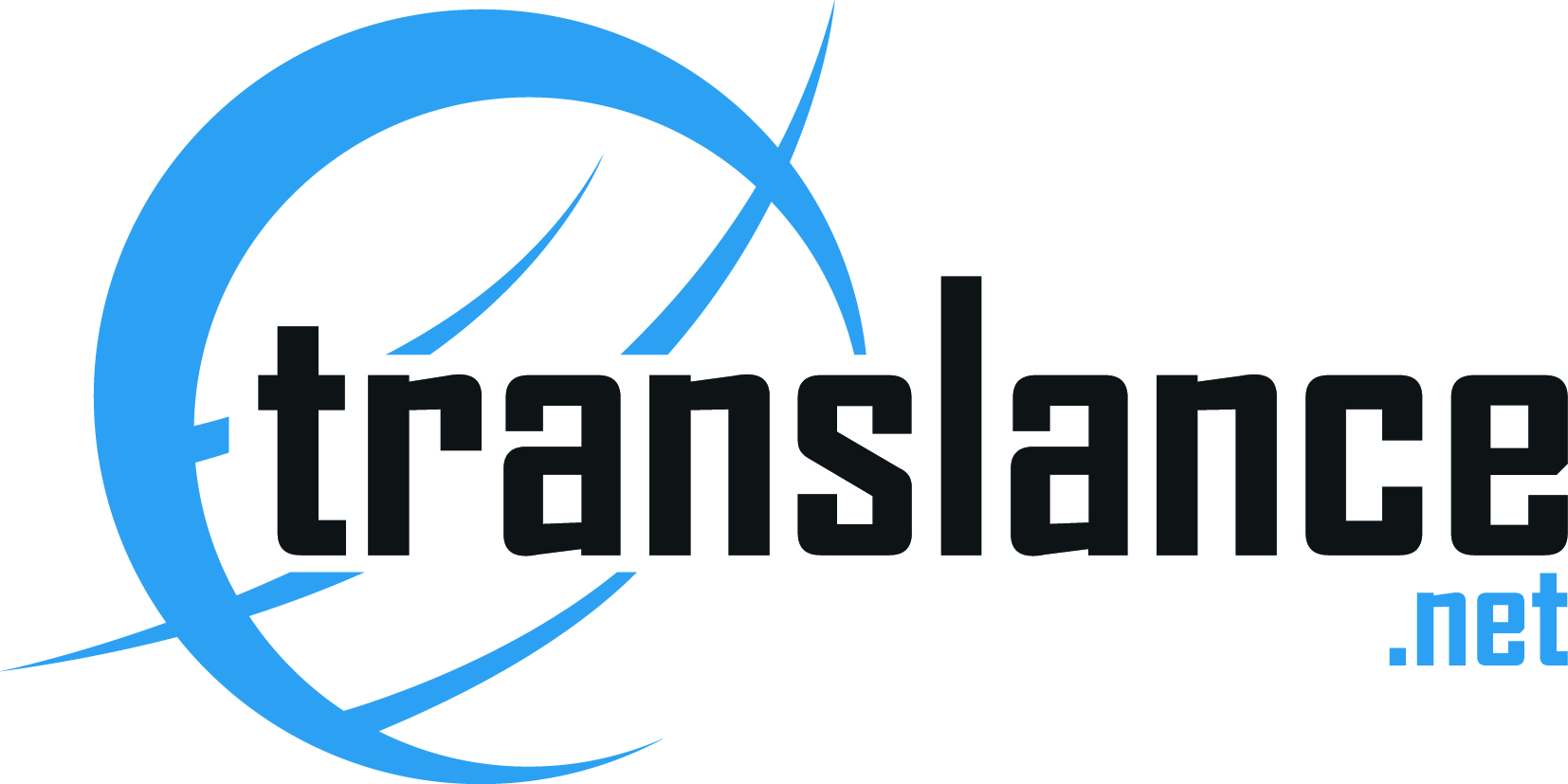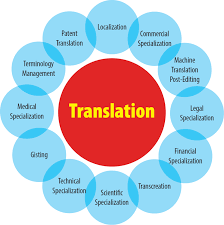TALK into your telephone in any of the huge European dialects and a Google application would now be able to transform your words into an outside dialect, either in content frame or as an electronic voice. Skype, a web communication benefit, said as of late that it would offer much the equivalent (in English and Spanish as it were). Be that as it may, claims that such mechanical wonders will spell the finish of out-dated interpretation organizations are untimely.
Programming can give the essence of an outside tongue, however for business use (if administrators are sensible), harsh isn't sufficient. What's more, multilingual projects are a pinprick in a tremendous industry. The matter of interpretation, deciphering and programming localisation (modifying sites, applications and so forth for use in a remote dialect) creates incomes of $37 billion every year, figures Presence of mind Warning (CSA), a counseling firm.
The market is developing, and broadening. Interpretation in mainland Europe was once ruled by the "FIGS" (French, Italian, German and Spanish); Japanese, Chinese and Korean were the main Asian dialects to discuss. Generally 90% of web based spending is represented by speakers of 13 dialects, says Wear DePalma of CSA. Be that as it may, others are winding up increasingly critical, for reasons of both governmental issues and trade.
The European Association's officials currently need to impart in 24 tongues. In Asia once-dismissed dialects, for example, Vietnamese and Indonesian issue more as those nations develop. Organizations dynamic in Africa see that mainland's dialects as progressively imperative. Enormous programming firms like Microsoft think that its beneficial to limit their products in little dialects like Maya or Luxembourgish. Interpretation is never again for the most part to or from English.
Innovation, a long way from supplanting people, is rather an instrument that causes them stay aware of flooding interest for top notch interpretation. "Interpretation memory" (TM) was the main huge helpful instrument. Since the 1980s interpreters have possessed the capacity to dunk into immense TM databases containing entire sentences that have just been deciphered in a given dialect combine, helping them to accelerate dreary work, for example, interpreting guidance manuals.
"Machine interpretation" is the following stage. PCs gain from immense databases of as of now made an interpretation of content to improve ever surmises about how to render entire pieces from one dialect into another. Interpreters used to disdain this, seeing their human judgment as fundamental. Presently, says Jiri Stejskal of the American Interpreters' Affiliation, it has won decency.
Innovative change has not conveyed union to a divided industry, nonetheless. Lionbridge, which has the biggest uncovered incomes ($489m in 2013), makes a big deal about its cash from administrations other than interpretation. Like the greater part of its opponents, Lionbridge talks up innovation, however is genuinely customary. The core of the business is overseeing ventures, going about as a go-between for clients and independent interpreters on employments like overseeing record configurations and areas, customer audits, etc.
Monotonous undertaking the board assignments like these may offer extension for troublesome advancement—maybe from the interpretation world's likeness Uber, a taxi application. Programming is probably not going to supplant the interpreters, yet it could co-ordinate their work with customers all the more effectively. Smartling, an American organization which tries to remove mediators along these lines, has customers including Tesla, an electric carmaker, and Spotify, a music-spilling administration.
Jochen Hummel, a pioneer in interpretation memory, says that a genuine leap forward would originate from consolidating programming, memory and substance the executives in a solitary database. Be that as it may, making cash may in any case be dubious. The American tech titan has not endeavored to popularize Google Interpret. A previous official says the firm tried different things with substance the board programming yet "chose to concentrate on less demanding stuff, such as self-driving vehicles."
 English
English Persian
Persian

